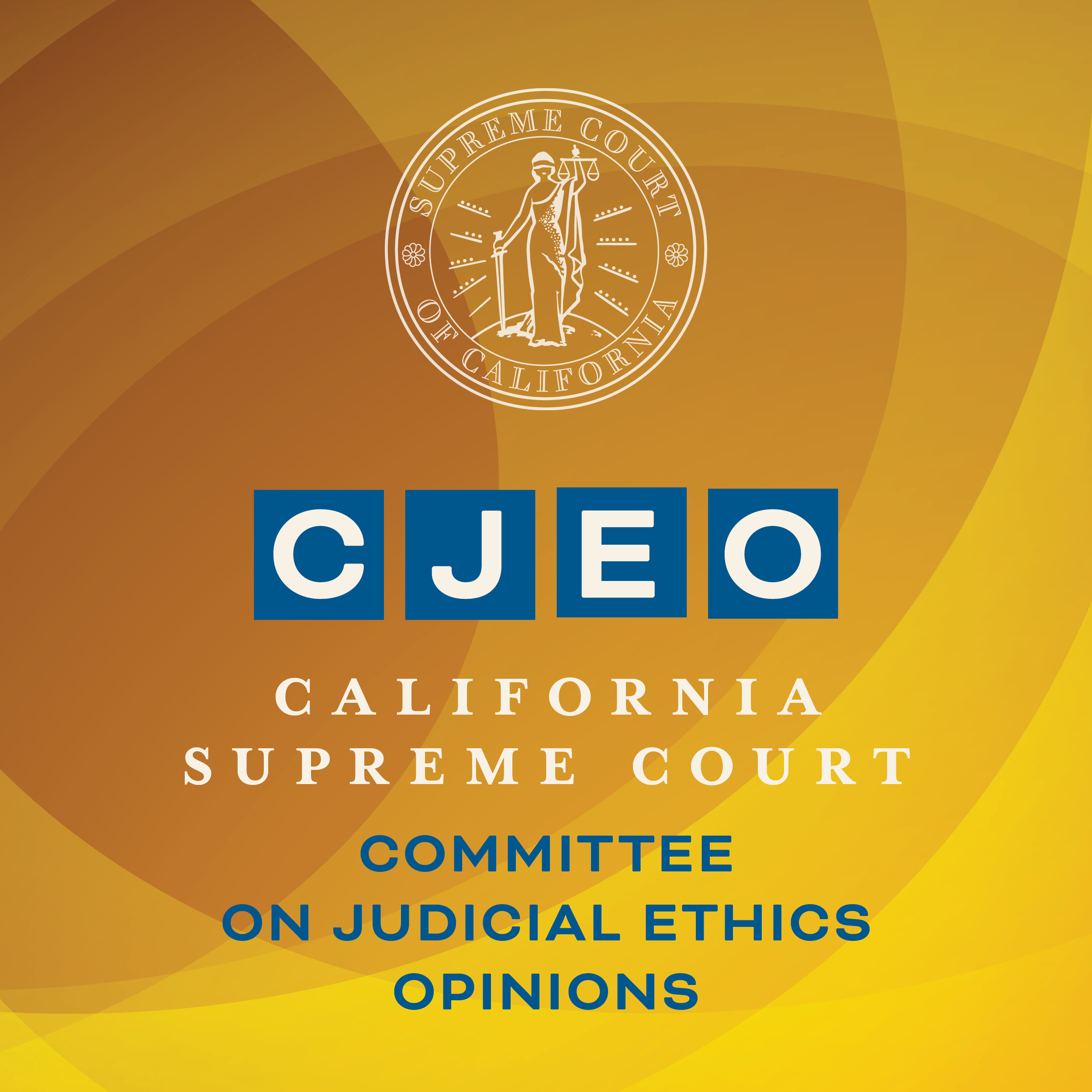Invitation to Comment: Disclosure and Disqualification Considerations Regarding Former Judicial Mentees in the California Judicial Mentor Program
The California Supreme Court Committee on Judicial Ethics Opinions (CJEO) invites public comment on a draft formal opinion addressing when former mentors in the California Judicial Mentor Program (CJMP) must disclose a past mentorship or disqualify themselves if a former mentee appears before them.
In CJEO Draft Formal Opinion 2025-031, the committee advises that former CJMP mentors should first evaluate whether they are required to disqualify themselves. Disqualification may be necessary if the CJMP mentorship fostered an actual bias or resulted in a close friendship. If a former mentor judge determines disqualification is not required, the committee advises next considering whether disclosure is necessary. When disclosure is warranted, it should be made for a period of six months to two years and be tailored to preserve the CJMP’s assurance of the program’s confidentiality.
“Determinations of whether to disqualify or disclose based on former CJMP mentorships will require careful consideration by the judicial officers serving in this important program,” said committee member Judge Robert J. Trentacosta. “This draft opinion builds upon the guidance provided in CJEO Expedited Opinion 2022-045 (regarding active CJMP mentorships) and provides a nuanced analysis of whether to disqualify or disclose, and how, following the conclusion of a CJMP mentorship.”
The committee’s Invitation to Comment is posted on CJEO’s website. Comments are due by Jan. 5, and may be submitted by CJEO’s online comment form, by email to Judicial.Ethics@jud.ca.gov, or by mail to:
Jennifer Caballero
Staff Counsel
California Supreme Court Committee on Judicial Ethics Opinions
350 McAllister Street
San Francisco, California 94102
All comments submitted to CJEO may be posted on CJEO’s website for public review unless clearly marked as confidential.
Public comments are an important part of CJEO’s process. These comments provide useful insight and help ensure that the committee considers all potential solutions, consequences, and points of view, which serves to improve the final opinion.
About the Committee on Judicial Ethics Opinions (CJEO)
The Committee on Judicial Ethics Opinions is a 12-member advisory committee that includes appellate justices, trial court judges, two retired judges, and a commissioner. The Committee is appointed and authorized by the California Supreme Court, but its work is independent of the court, the Judicial Council, and all other entities. Its opinions are advisory and do not necessarily reflect the views of the California Supreme Court or any other entity.
The Committee issues formal, informal, and expedited advisory opinions on proper judicial conduct pursuant to the California Code of Judicial Ethics and other authorities. CJEO’s website includes advisory opinions, resources dedicated to specific judicial assignments and issues, and extensive judicial ethics tools and resource materials for the benefit of the bench and the public.


